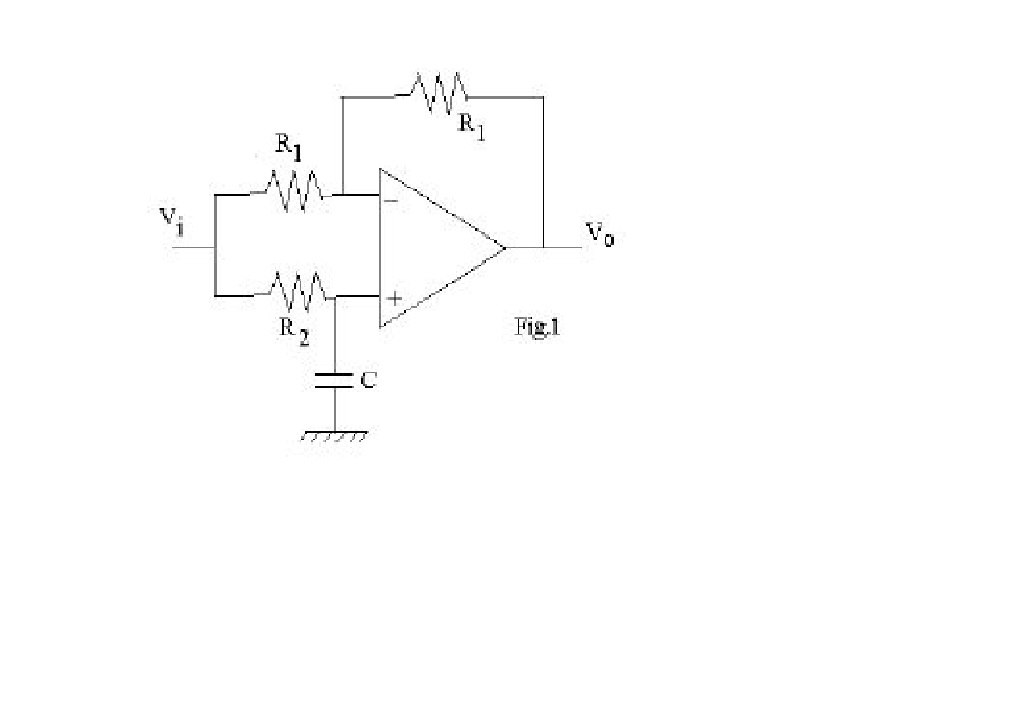ECE :: Analog Electronics
- Which of the following value is the approximate storage time of Schottky diodes
- For a counter-type ADC, if the conversion time is around 4.1 ms then the minimum number of conversions that could be carried out each second would be approximately
- In a first-order high-pass active filter, if the resistance and the capacitance used are 2.1 Kï—ï€ and 0.05µF respectively, then the cut-off frequency of the filter is _________
- __________ is the cut-in voltage of the aluminium n-type Schottky diode
- A clock rate of one megahertz operating a 12-stage counter of a counter-type ADC would need a maximum conversion time of approximately
- In a first-order low-pass active filter, if the values of the resistance and the capacitor used are 1.2 Kï—ï€ and 0.02µF respectively, then the cut-off frequency of the filter is
- Large signal differential voltage amplification of the 741 OPAMP is ___________
-
The below circuit represent a _________

- For which of the following reason Active load is used in the collector of the difference amplifier of an Op-amp:


 Whatsapp
Whatsapp
 Facebook
Facebook

